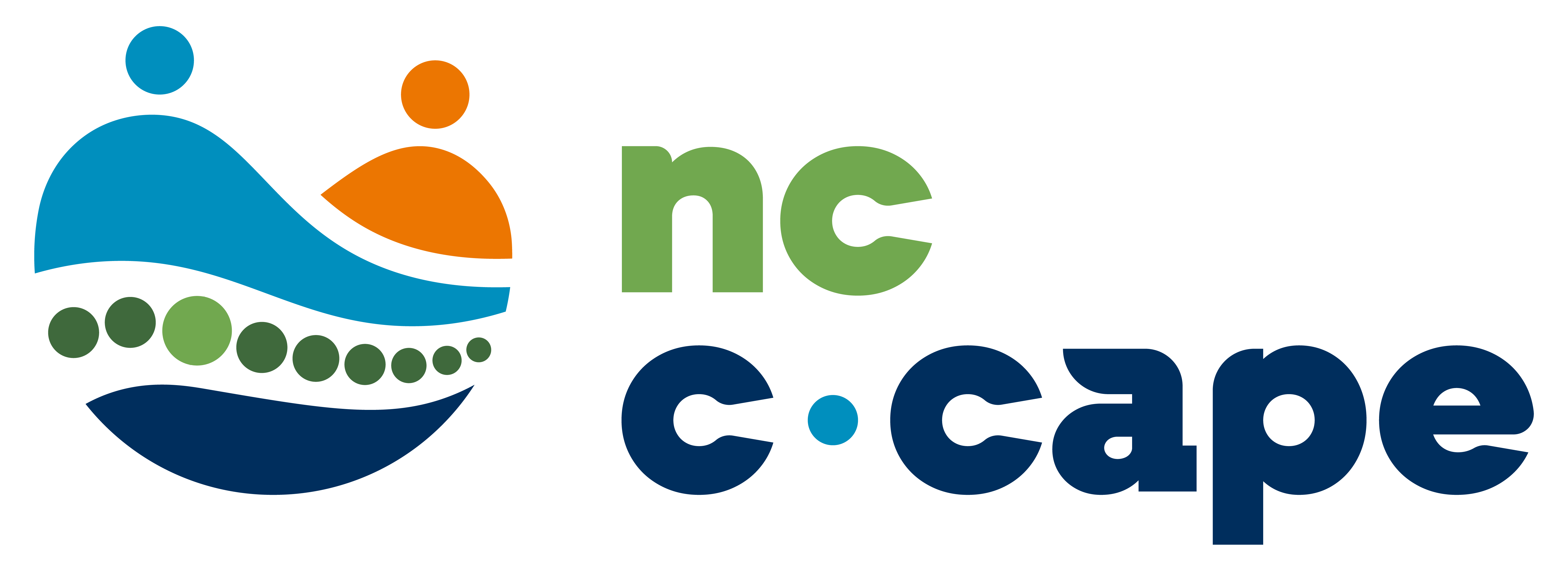Community Engagement
The Community Engagement Core is made up of coastal North residents and stakeholders who make their voices heard in NC C-CAPE strategy and decision making. They work with NC C-CAPE to ensure that our research and programs are making life better for people around the Albemarle and Pamlico Sounds.
The Community Engagement Core’s (CEC) overall goal is to ensure that community member expertise is incorporated into both the design and dissemination of all research and engagement activities. The CEC will accomplish this through a data justice framework. Data democracy is defined as fair procedures for making people and environmental harms visible through data and equipping communities to access data for civic engagement.
Protecting Coast NC Health and the Economy
The CEC is dedicated to helping North Carolinians live well with water by partnering with coastal communities to address the health risks connected to harmful algal blooms. By recognizing the invaluable expertise of fishermen, boaters, and local residents, the CEC works to ensure that their knowledge shapes both research and solutions. Through community science initiatives and innovative collaborations, we strive to fill critical gaps in understanding how algae toxins impact water quality, seafood safety, and public health. Together, we’re building tools and sharing information to help coastal communities thrive amidst these challenges.
We understand that working together on research can sometimes be complicated, so we’re developing a clear process to make sure everyone’s voice is heard and respected. We’ll hold workshops and provide tools to help community members and researchers work side by side, building stronger connections and better understanding. By improving existing community science projects, we aim to bring people like anglers and boaters into the effort as “community scientists,” gathering important information about the health of our waters. These efforts will focus on filling the gaps in what we know, guided by the needs and priorities of coastal communities, so we can all work together to protect our water and health.
Engaging Citizen Scientists
To address the tensions and power dynamics inherent in engaged research, we will produce a data governance charter, create data democracy curricula, and convene workshops with residents of coastal communities. We will also build critical infrastructure to transform existing citizen science projects into a connected enterprise that fills data gaps in order to better understand and reduce environmental health disparities. We will connect with communities that have often faced the worst negative health outcomes from water pollution.

We will engage anglers and boaters as community scientists and collaborate with community leaders from populations experiencing high health burdens. Together, we will identify key challenges that we can help them overcome.
The three main focuses of NC C-CAPE are understanding the risk of algae toxins to the North Carolina seafood supply chain, understanding the potential harms to liver health from algae toxins, and being able to predict where in North Carolina waters algae toxins might cause problems in the future. Each of these areas of exploration require collaboration with local residents and business people who are experts in the place where they live and work. By working with the people who know these places and these waters the best, we will gain more impactful knowledge about how to help coastal communities thrive despite harmful algae blooms.





